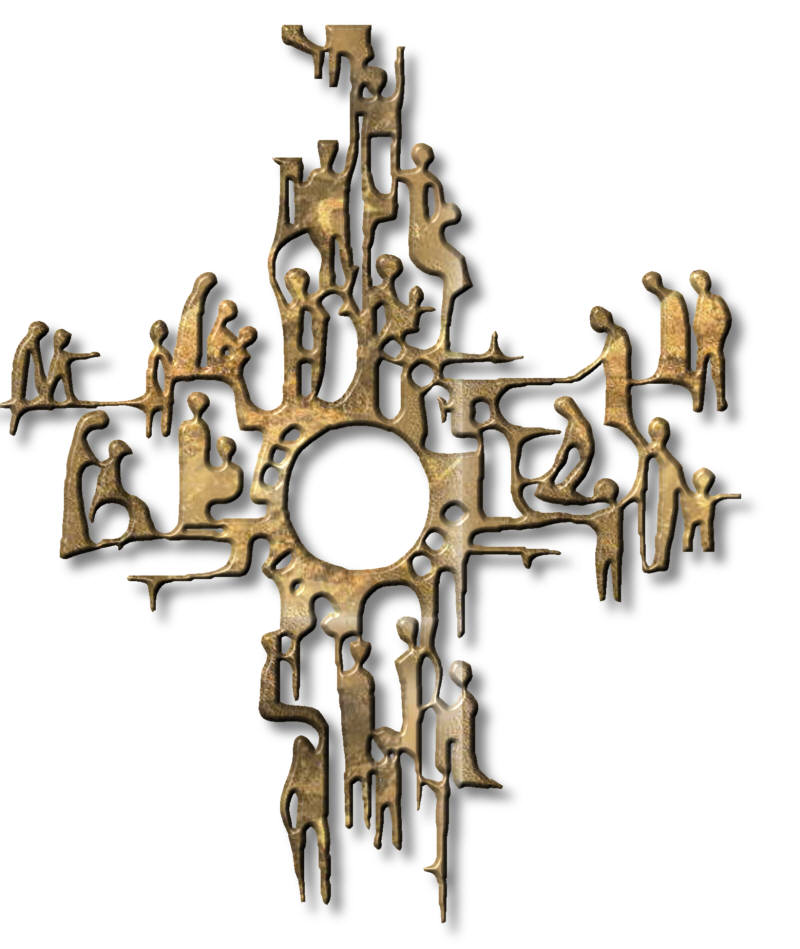THE PERIOD OF MYSTAGOGY
”You are a chosen race, a royal priesthood, a holy people;
praise God who called you out of darkness
and into His marvellous light”
The period of Mystagogy is one of deepening understanding of what we have received in Christ.
What does the Ritual Book tell us? (see pages 145-146)
paragraph 234. This final period is a time “for the community and the neophytes [newly baptized] together to grow in deepening their grasp of the paschal mystery and in making it part of their lives through meditation on the Gospel, sharing in the Eucharist and doing the works of charity.” – Give neophytes “thoughtful and friendly help.”
235. Out of their experience of living what belongs to Christians, they derive a new perception of the faith, the Church and of the world.
236. Through greater interaction between them and the faithful, neophytes with the help of their godparents, should experience a full and joyful welcome into the community.
237. It takes place through personal experience of the Sunday Masses of the Easter season.
238. Special places in the congregation are to be reserved for the neophytes and their godparents. The Homily and intercessions should take their presence and needs into account.
240. On the anniversary of their baptism, neophytes should be brought together to give thanks to God and at some stage the bishop should celebrate the Eucharist with them.
We are companions on the journey:
The new activity for the newly baptized is the Eucharist. They have been apprentices in discipleship and mission all along. We share as companions (cum pane – with bread) what it means to be a Eucharistic people, we help them to name and tease out the riches of their experience, perhaps over a cuppa and sharing after Easter Masses and continuing contact with Christian community life.
It is good to remember that: The Liturgy of the Word and the Liturgy of the Eucharist form one act of worship in the Eucharist, the action of Jesus the High Priest, He as our head and we as members of His Body, the Church. We give thanks and praise for the death and resurrection of the Lord Jesus at work in us through His Spirit. It is the source and summit of our life and sends us out to live as the Body of Jesus in the world – as His hands, feet, voice, eyes, ears, forgiveness, loving kindness. The Eucharist is never a private affair.
We can ask ourselves questions like:
For what in our life do we give thanks and praise?
Where in your world is the Body of Christ dying and rising?
What difference does your sharing in the celebration of the Eucharist make to the life of the world?
Name some ways in which you are called to evangelize, to be an ambassador for forgiveness, to do works of loving kindness and mercy.

